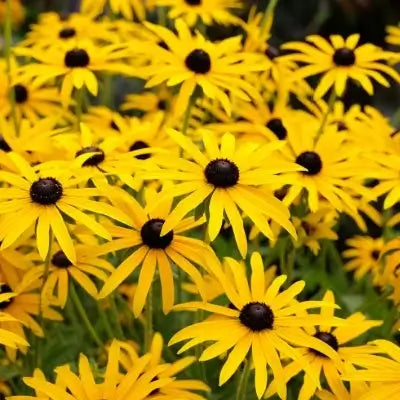
Birding Plants
Birding plants will provide a haven for more winged creatures to perch, roost, lay down roots, and start nests. The benefits and attractions of your garden or landscaping do not have to be limited to the visual aesthetics of your flowers or the flowers themselves. By adding flowers specifically chosen to attract birds and support their habitat in your garden, you can also add the peaceful sounds of songbirds and enjoy watching them around your yard. Birds are beneficial to have around your garden for many reasons. They eat insects, pollinate flowers, control unwanted plants, and are great for the local ecosystem. Nonetheless, the bird population has decreased in recent years, but many species have also become extinct due to urban development. Save Wildlife With Birding Plants Therefore, you have a task to fulfill as a responsible gardener and protector of wildlife species. By planting a landscape appealing to your local bird population, you can lure birds to your garden, supplying them with food and protection from predators. However, it is essential to know that creating a bird-friendly garden means limiting chemicals and other pesticides. This will enable them to feast on insects and bugs that may be damaging your plants. If you are looking for different birding plants, we have you covered. Featured Birding Plants TN Nursery can help you choose plants suitable for birds according to your landscape. Before you select any plants from our collection, you should know about your local bird species and the plants native to your region. Plants suitable for growing in your area will bloom beautiful flowers that will also help attract the local bird population. Once sorted, you can select the ideal plants from our collection. We feature a range of hummingbird plants to attract pollinators to your backyard. Hummingbird plants are famous for their vibrant blooms and sweet nectars and attract hummingbirds, bees, and other pollinators to your garden. You can also choose from more than 15 monarch pollinator plants, which are perfect for attracting butterflies and providing them with the necessary food and shelter. They also make an excellent food source for many bird species. Wildflowers Make Great Birding Plants Explore our entire range of wildflowers, flowering perennials, and other birding plants. These allow you to create a bird-friendly garden that also attracts pollinators.
























































